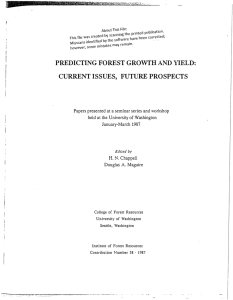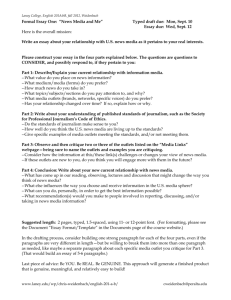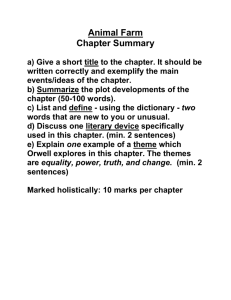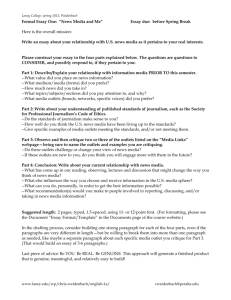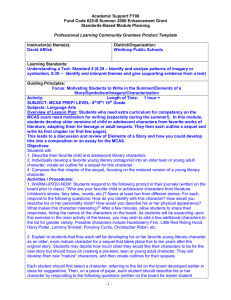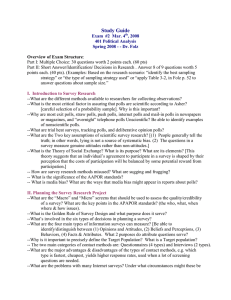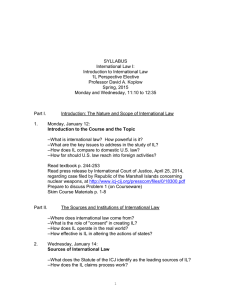“Shooting an Elephant”
advertisement
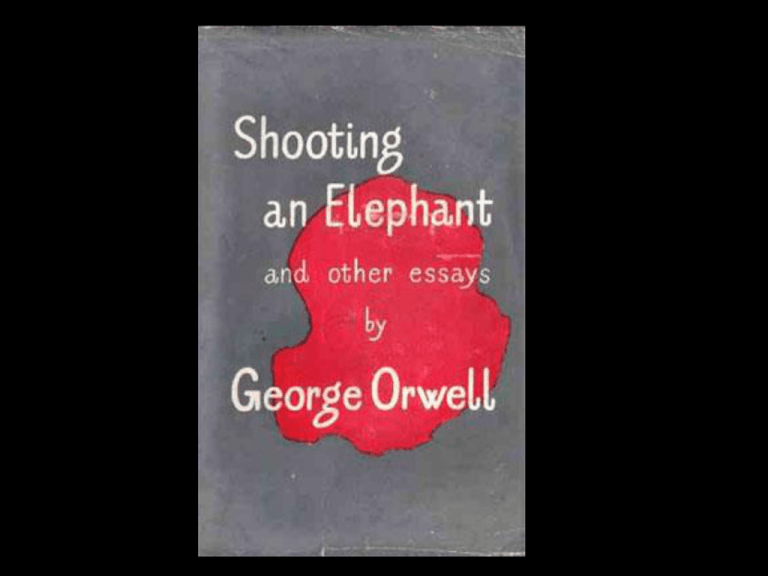
Draw a picture that represents a theme such as “reputation” or “saving face.” Compromising Values People often go to extreme lengths to avoid compromising their values. Why? Make a list of 2-3 Possible responses: • To save their reputation • ? • ? How did you react to the situation? Why did you react to the situation as you did? AFTER reading “Shooting an Elephant,” select 3 images or 3 significant ideas – one each from: -- the beginning of the selection -- the middle of the selection -- the end of the selection Beginning image or significant idea Middle image or significant idea Ending image or significant idea Next, using your beginning image or significant idea, respond with analysis: --What does the image mean? --What do you think about it? Make a response about the image. (Write at least 3 sentences.) Using your middle image or significant idea, respond with analysis: --What does the image mean? --What do you think about it? Make a response about the image. (Write at least 3 sentences.) Using your last image or significant idea, respond with analysis: --What does the image mean? --What do you think about it? Make a response about the image. (Write at least 3 sentences.) Create a link between the images you selected. What connects these images together? (Write 3 sentences.) What do you like or dislike about this reading selection? Write 3 sentences explaining your opinion. (3rd person!) Make a single assertion or arguable statement about “reputation” or “saving face”. Fleshing It Out • Now, go back to each body paragraph • In each body paragraph, find textual evidence from the short story or from the research sources to support what your writing • Integrate the evidence and cite the sources You just wrote the majority of your rough draft of a literary analysis of one of the THEMES (reputation or saving face) of “Shooting an Elephant.” OR You now have the option of finalizing THIS rough draft -- OR you can follow this same writing process to analyze a different literary element, such as: -- Setting -- Plot -- Style -- Tone -- Point of view -- Context -- Characterization -- Symbol
